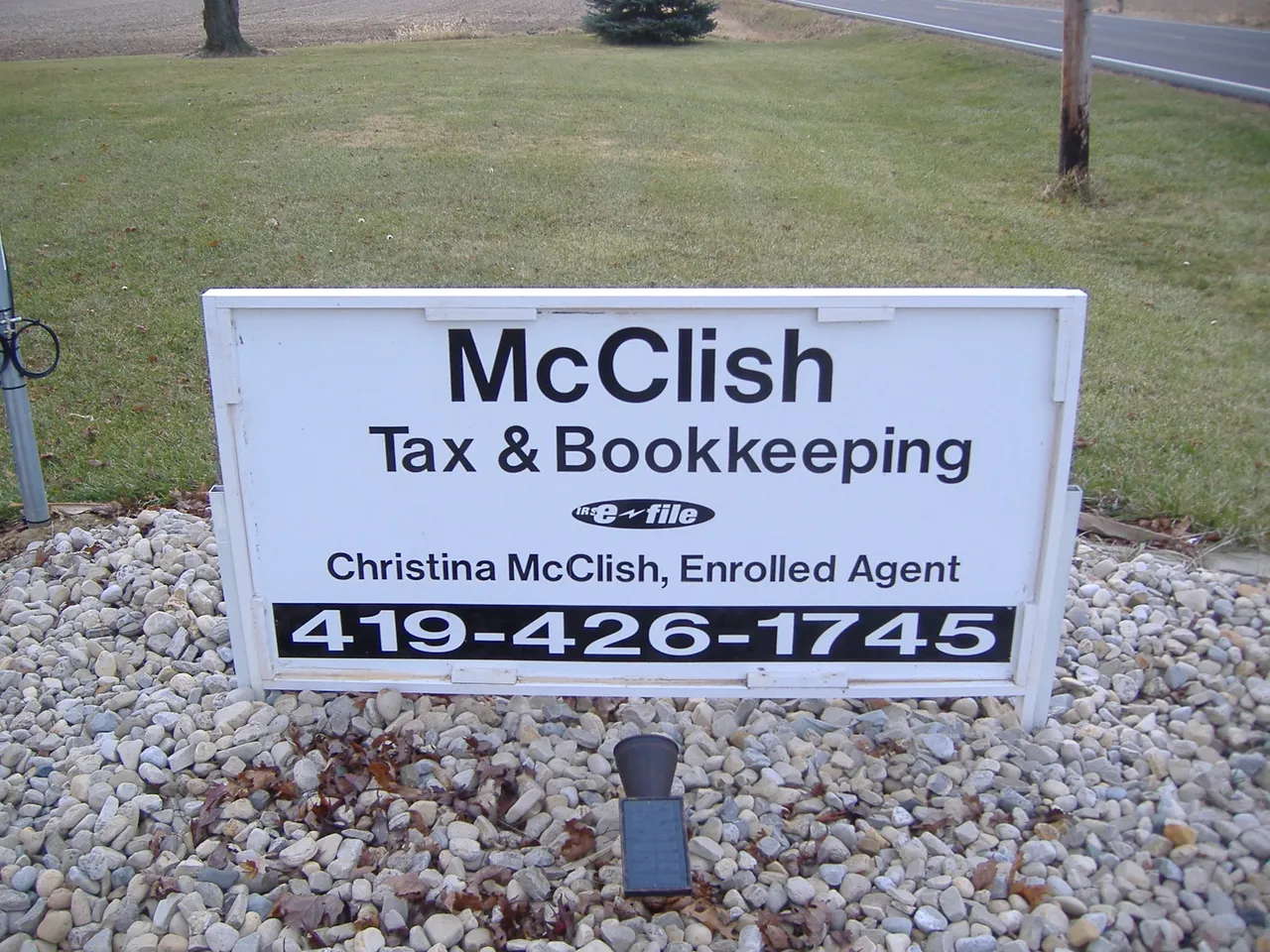Welcome
I try to add tax blog articles weekly on tax topics that may be interesting to you. Please browse. If there is a topic you would like to see here or would like to more information on, please contact me.
I try to add tax blog articles weekly on tax topics that may be interesting to you. Please browse. If there is a topic you would like to see here or would like to more information on, please contact me.

In the Alphabet soup of certificates, education and licensure–CPA, EA, JD, M Tax, MBA, ATA– it can be hard to keep it all straight when trying to find a knowledgeable tax professional. Recently someone asked me, “I’ve seen the letters ‘EA”, what does it mean? How is it relevant to my situation?”
The letters “EA” stand for Enrolled Agent.
Historical background: Congress established the Enrolled Agent credential in 1884, after the Treasury Department (Federal Government) had received some questionable claims for Civil War losses. At that time, Congress acted to “certify” agents who represented citizens dealing with the U.S. Treasury to reduce the possibility of fraud.
Today, Enrolled Agents (EAs) are still licensed by the Federal Government to represent people dealing with the U.S. Treasury (also known as the IRS). However, today Enrolled Agents are tax professionals who have proven their competency in taxes—in understanding the tax law, in preparing returns, and in representing people before the IRS– by passing a rigorous four part exam. In addition to competency, this professional must also prove good character, proven by passing a through background check before receiving their license.
Attorneys (JD), EAs, CPA’s what’s the difference? EA’s are licensed by the Federal Government, and therefore can practice in any state. All Enrolled Agents are tax specialists.
Both Attorneys and CPAs are licensed by the State (e.g. Ohio), but they may choose not to specialize in taxes. However, like CPAs and Attorneys, EA’s can represent any taxpayer, for any tax matter, before any and all IRS offices.
How is this relevant to your situation? “EA’s” advise, represent, and prepare tax returns for individuals, businesses, trusts, and any entities with tax-reporting requirements. As tax specialists, EA’s can also use their specialized knowledge to represent taxpayers before IRS and State and local tax agencies (e.g. Notices, Audits and Collections)—the result: an advocate who knows the tax law and uses it to help you protect what you’ve worked so hard to earn.
For more information see:https://www.irs.gov/tax-professionals/enrolled-agents/enrolled-agent-information